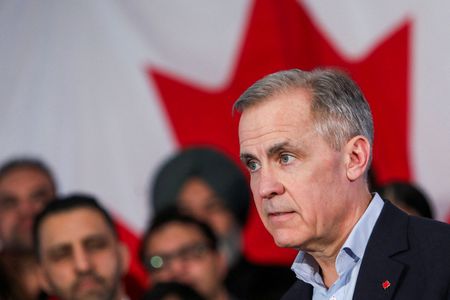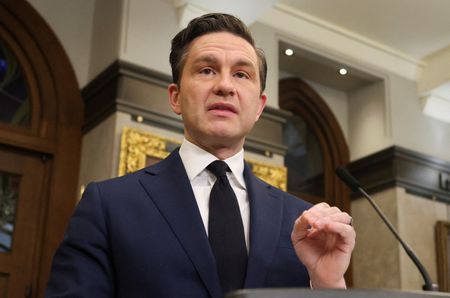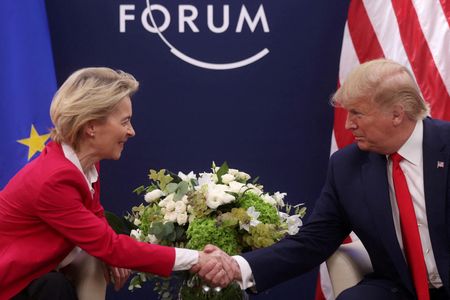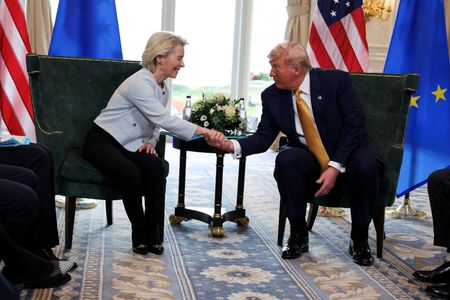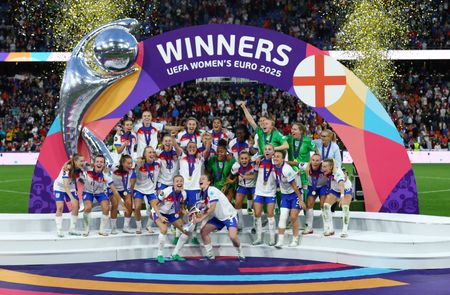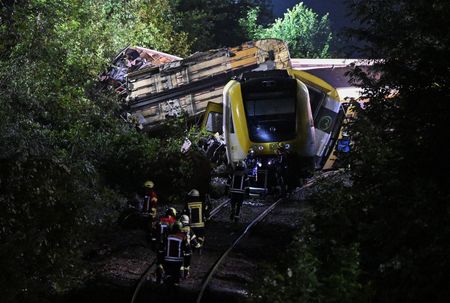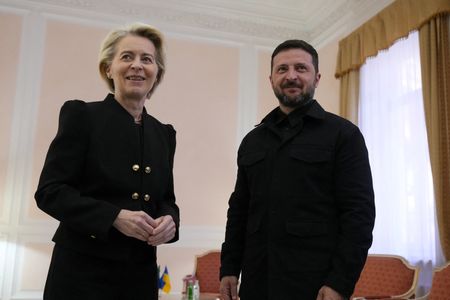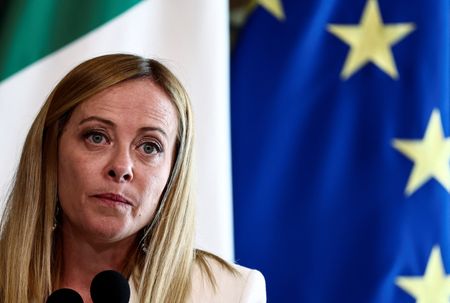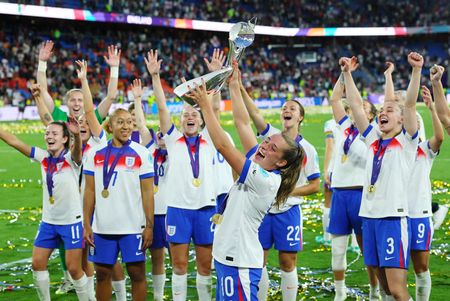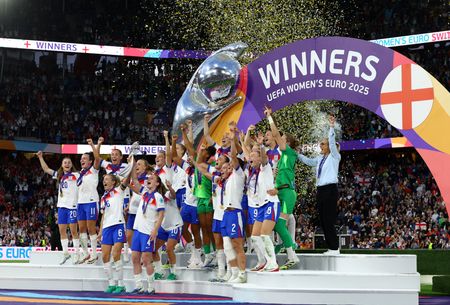By David Ljunggren
OTTAWA (Reuters) – Donald Trump has helped upend this year’s Canadian election, transforming what looked like an easy win for the official opposition Conservatives into a tighter race that could even end in deadlock.
The right-leaning Conservatives, led by Pierre Poilievre, had enjoyed a double-digit lead for 18 months over the Liberals of Prime Minister Justin Trudeau, who they accused of breaking Canada after almost a decade in power.
Now that supposed victory looks much less sure.
The reasons? Trudeau’s resignation announcement last month, followed by a vow from U.S. President Trump to impose potentially crippling tariffs on all imports from Canada.
“When you look at the changes over the past four weeks it’s basically a whole new world … the big change is Trump,” said Nik Nanos, founder of the Nanos Research polling firm.
A Nanos poll released on Tuesday showed the Conservatives on 39% public support with the Liberals on 32%. Such a result on election day could see the Conservatives fail to win a majority of the 343 seats in the House of Commons.
This would mean a fragile minority government, where the party in power tends to be more focused on its survival than dealing with Canada’s major files such as energy and mineral policy and challenges from its largest trading partner.
The Liberals want to highlight what they see as similarities between Trump and Poilievre and on Sunday released an advert drawing direct parallels between the two men, who both promote the national flag, insult their opponents and attack the media.
The 35-second video, which starts with the words “How can you speak for Canada when you sound like Donald Trump?” shows clips of Trump and Poilievre uttering almost identical phrases.
The Conservatives did not immediately respond to a request for comment.
Last month, close Trump ally Elon Musk praised Poilievre several times on his X social media network.
“You can’t say that Canada is broken, and at the same time say that Canada is the best country in the world. The two just don’t go together,” said Immigration Minister Marc Miller.
The Conservative platform for the next election – which must be held by October 20 – had been based on fighting Trudeau and opposing a planned increase in the federal carbon tax.
But Trudeau is now leaving and the two main contenders to replace him – former finance minister Chrystia Freeland and ex-central banker Mark Carney – are both promising to axe the tax while standing up to Trump.
“Canadians have put what happened before out of their minds … which has created an opportunity for the Liberals to resuscitate themselves through a leadership contest,” said Darrell Bricker, CEO of polling firm Ipsos Public Affairs.
Amid talk of the Conservatives pivoting their strategy, Poilievre gave a speech on Saturday in which he ditched the talk of “Broken Canada” and vowed to push for “Canada First”.
He blamed Trudeau for what he said were policies that had left the country with a weak economy, mired in a housing crisis and unable to make the most of its rich natural resources, but stopped short of reframing his platform.
“The media says I should change my plans because of this tariff threat. In fact, the Trump tariff threats have proven Conservatives right on everything,” he said.
CARNEY THREAT
Poilievre, 45, has spent his entire career in politics. Carney, 59, the only person to chair two G7 central banks, bills himself as someone used to handling major crises.
Polls in recent days by Angus Reid and Leger both found that if Carney won the Liberal leadership contest, the Liberals and Conservatives would be virtually tied statistically.
Surveys of what Canadians actually think now though still put the Conservatives ahead.
Garry Keller, a former senior Conservative Party staffer who is now vice president at public affairs consultancy Strategy Corp, said Poilievre felt that Canadians were still extremely concerned about cost of living and affordability.
“Obviously, tariffs have an impact on that. But it’s not just tariffs, it’s the record of the last nine years of the Liberal government,” he said.
The Liberals are due to announce the new leader on March 9 and Carney last week said if he won, he might call an immediate election in a bid to get a strong mandate to deal with Trump.
That would give the Conservative war room little time to refocus its attacks on a man who is little known in Canada, in part because of his years spent abroad.
The initial tactic is to portray him as a member of the elite out of touch with ordinary Canadians.
“He lives in a completely different world. He doesn’t have to buy groceries in tough neighborhoods or take public transit,” Conservative legislator Andrew Scheer told reporters last week.
(Reporting by David Ljunggren in Ottawa; Editing by Caroline Stauffer and Nia Williams)

